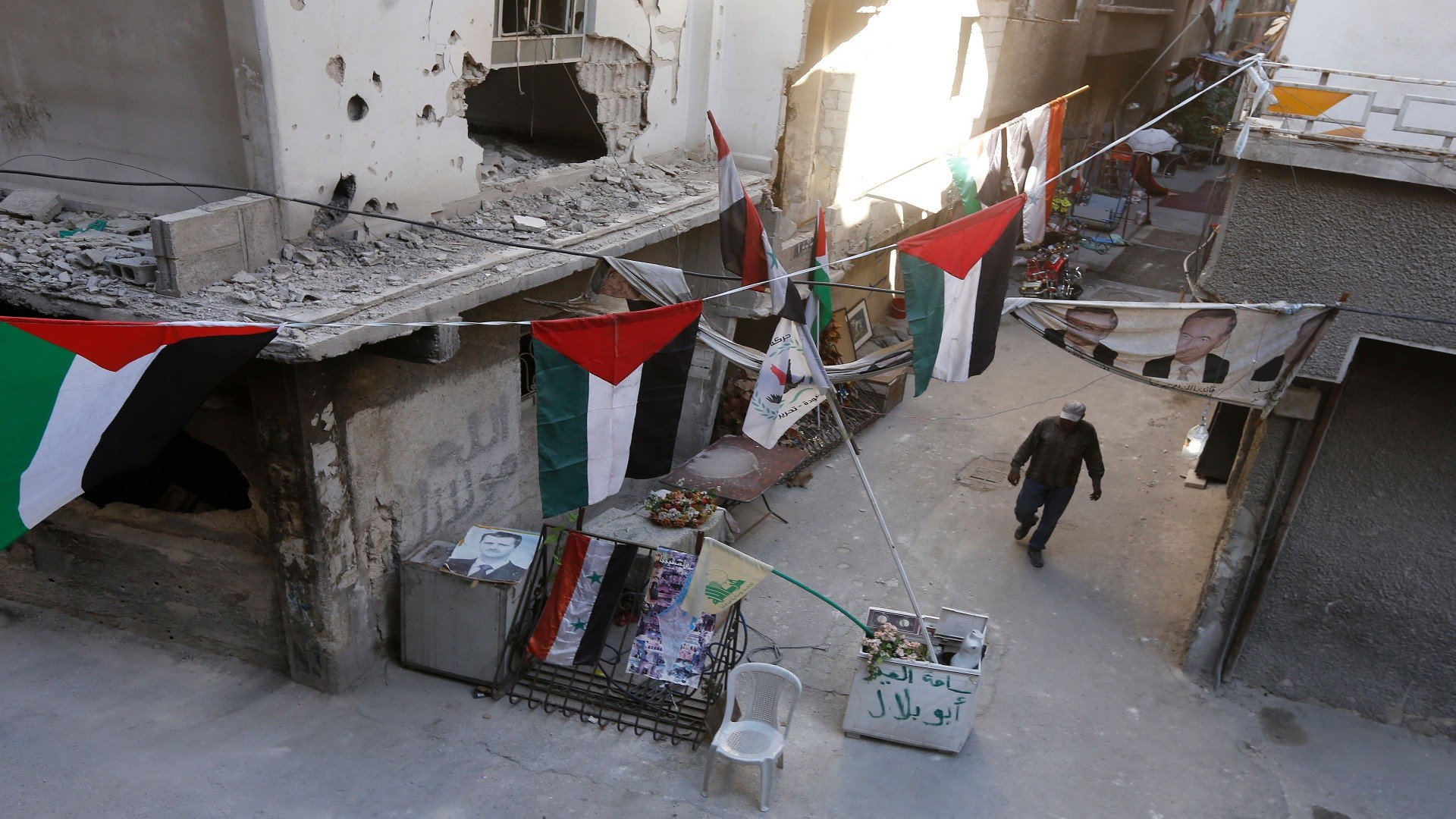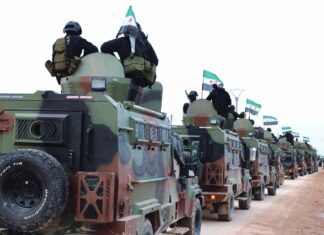
Palestinian refugees in Syria continue to endure severe hardships and abuse at the hands of the Assad regime, according to a recent report from the Action Group for Palestinians in Syria. The report highlights a series of human rights violations targeting Palestinian refugees, including extortion, poor treatment at security checkpoints, and a lack of adequate humanitarian support, deepening their suffering in the ongoing conflict.
The report, titled “The Flames of a New War… The Tragedy of Palestinians in Syria and Lebanon,” outlines the ongoing legal, living, and medical challenges faced by Palestinians in Syria. Many of these refugees, displaced multiple times – first from Palestine, then from Syria to Lebanon – are now some of the most vulnerable and marginalized groups caught in the region’s turmoil.
At the heart of the report’s findings is the exploitation of Palestinian refugees at regime-controlled security checkpoints, especially in and around refugee camps such as Al-Husseiniyah, located in the Damascus countryside, where a massacre occurred by Hezbollah and Shiite militias.
Refugees attempting to enter or leave the camp are routinely subjected to extortion by regime forces, with fees ranging from 500 to 1,000 Syrian pounds for cars and buses. Those transporting cargo face even higher fees, and residents report being forced to pay bribes at multiple checkpoints.
“These checkpoints have become a source of terror for camp residents,” said a spokesperson for the rights group. “The forces manning them insult and humiliate residents – men, women, and the elderly alike – with no regard for basic human dignity.”
The Canaan checkpoint, located outside Al-Hussainiya, is particularly notorious for its brutality. Residents describe it as a place where security forces regularly insult and intimidate those who pass through. Complaints have been filed about the mistreatment and extortion, but the rights group noted that nothing has changed, as the checkpoint operates with impunity under the protection of senior regime officials. The site is also rumored to be involved in drug trafficking, further exacerbating the corruption and lawlessness in the area.
In addition to extortion at checkpoints, Palestinians in Syria face deteriorating living conditions. Many are trapped in overcrowded camps surrounded by security barriers that isolate them from surrounding areas. Al-Hussainiya camp, like several others, is encircled by earthen walls, with only one heavily monitored exit controlled by regime forces. This heightened security presence has turned the camp into a virtual prison, limiting residents’ freedom of movement and access to essential resources.
The report also highlights the broader humanitarian crisis faced by Palestinian refugees, particularly those who fled from Syria to Lebanon. As Israeli airstrikes intensify in southern Lebanon, many Palestinian refugees find themselves displaced once again, caught in a cycle of displacement and homelessness. Despite repeated appeals to local and international humanitarian organizations, aid has been limited, leaving them in desperate conditions.
The UN Relief and Works Agency for Palestine Refugees (UNRWA), which is tasked with providing aid to Palestinian refugees, has faced mounting criticism for failing to meet the needs of this population. The Action Group for Palestinians in Syria accused UNRWA of neglect, noting that the organization’s decline in services has left Palestinian refugees in both Syria and Lebanon vulnerable to further displacement and hardship.
The group urges the international community to take immediate action to address the ongoing abuse and neglect of Palestinian refugees in Syria. “These refugees have been abandoned by the world,” the spokesperson said. “They continue to endure exploitation and oppression under the Assad regime, and without international intervention, their suffering will only worsen.”
The Action Group for Palestinians in Syria urged decision-makers and human rights organizations to provide stronger support and protection for these refugees, who are now facing the compounded effects of war, displacement, and systemic abuse.








